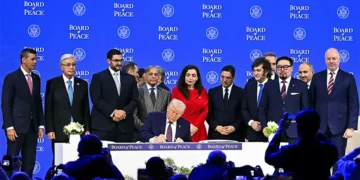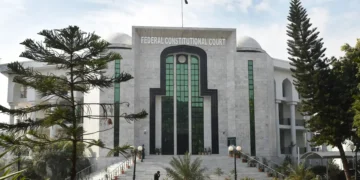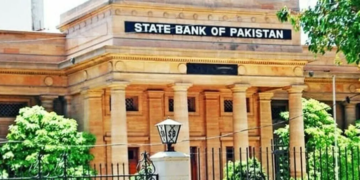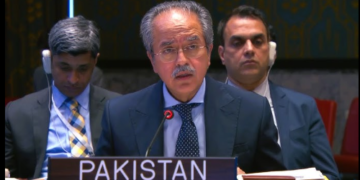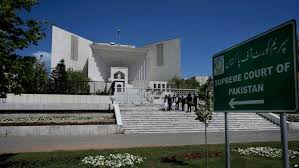ISLAMABAD: Chief Justice of Pakistan (CJP) Yahya Afridi on Friday convened a full court meeting of the Supreme Court after receiving multiple letters from judges urging collective deliberation on the recently enacted 27th Constitutional Amendment.
Justice Salahuddin Panhwar became the third judge to request such a meeting, following similar appeals by Justices Syed Mansoor Ali Shah and Athar Minallah, both of whom resigned in protest on Thursday evening.
In a two-page letter addressed to the CJP, Justice Panhwar urged that the full court examine the amendment clause by clause in light of Articles 175, 175A, 189, 190, 191, and 209 of the Constitution, which pertain to the judiciary. The meeting, chaired by the CJP, was scheduled to be held at the Supreme Court building before Friday prayers.
Justice Panhwar clarified that his letter was not written in protest, but out of a constitutional duty to safeguard judicial independence. “There comes a time when silence is not caution but abdication. I believe such a time may now be upon us,” he wrote, warning that the amendment might disturb the constitutional balance regarding judicial tenure, bench composition, appointments, and institutional autonomy.
He questioned whether the amendment “strengthens or diminishes the independence of the judiciary,” asserting that judges must speak truthfully if that independence is compromised.
Justice Panhwar also proposed forming a technical brief through the Law and Justice Commission and consulting with the National Judicial Policy Making Committee, as well as engaging the Pakistan Bar Council and provincial bar councils, describing the “bar and bench as twin guardians of justice.”
Citing Article 190 of the Constitution, he called for preparations to preserve judicial authority should litigation arise, adding that the judiciary’s response should be “principled, measured, yet firm in defending constitutional limits.”
“Parliament’s power to amend is vast but not limitless,” the letter read, stressing that the Constitution “is not clay to be moulded at will, but a covenant between the state and its citizens.”
Justice Panhwar emphasised that his plea stemmed from conscience, not conflict, adding, “History will not remember the ease of our days but the courage of our decisions.” He urged the judiciary to act collectively to uphold public trust and ensure the rule of law remained a living reality.
He cautioned that judicial freedom — “free from fear, influence, and control” — is essential for liberty, adding that even the appearance of interference erodes public confidence, the “very soul of justice.”
Meanwhile, prominent lawyer Asad Rahim Khan filed a petition in the Supreme Court, seeking a declaration that Parliament cannot curtail the court’s original jurisdiction as defined under Entry 55 of the Federal Legislative List and the 1973 Constitution. The petition urged the court to safeguard judicial independence and grant any other appropriate relief.
Earlier in the day, President Asif Ali Zardari formally signed the 27th Constitutional Amendment into law. According to the signed summary, “The Constitution (Twenty-Seventh Amendment) Bill, 2025, is assented to, as advised by the Prime Minister.”







